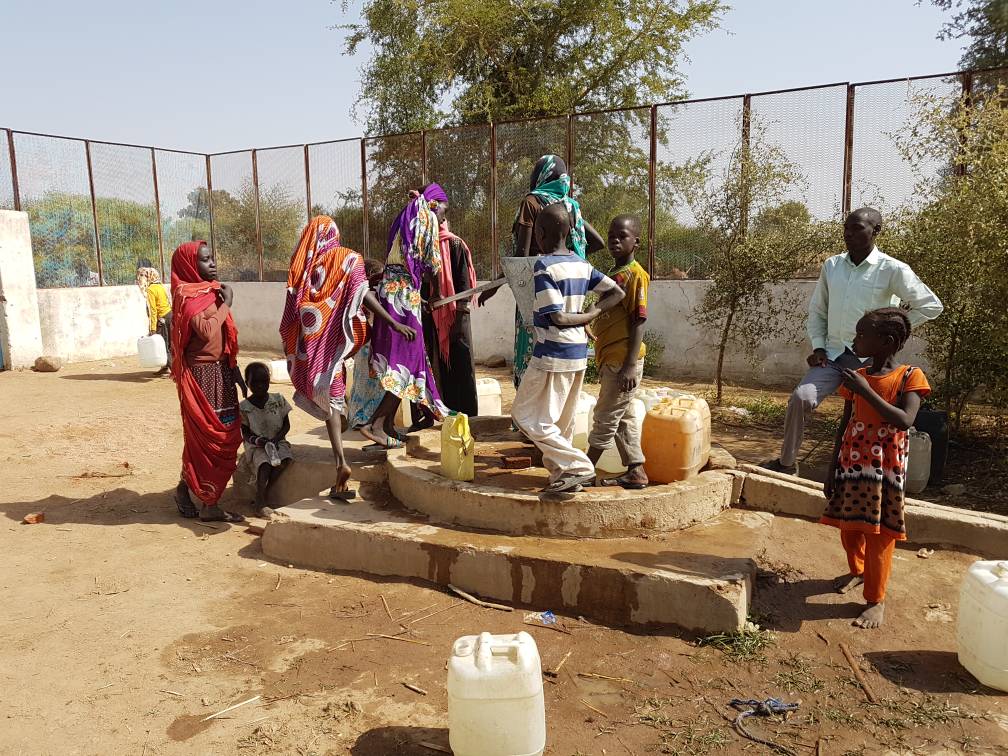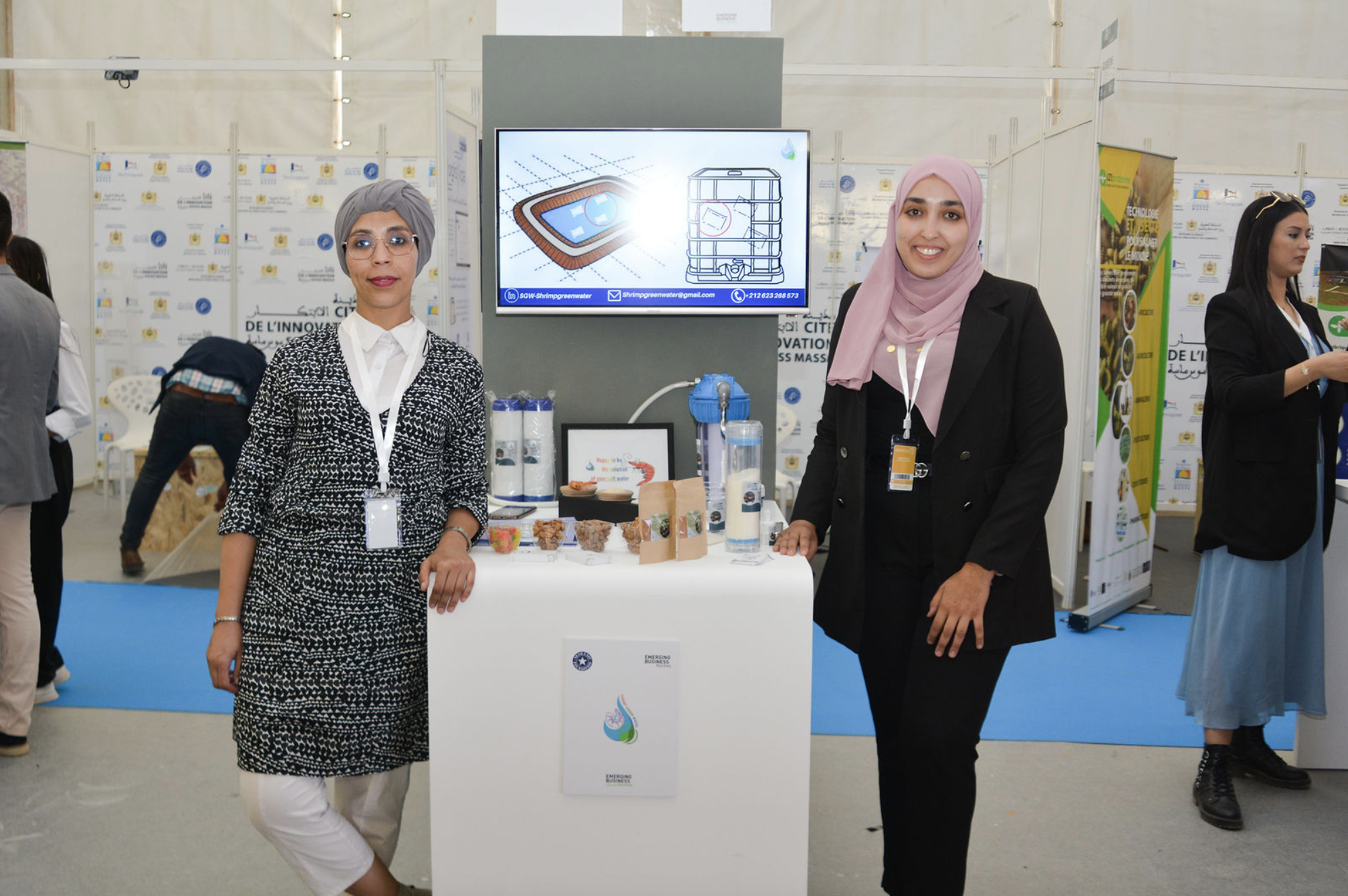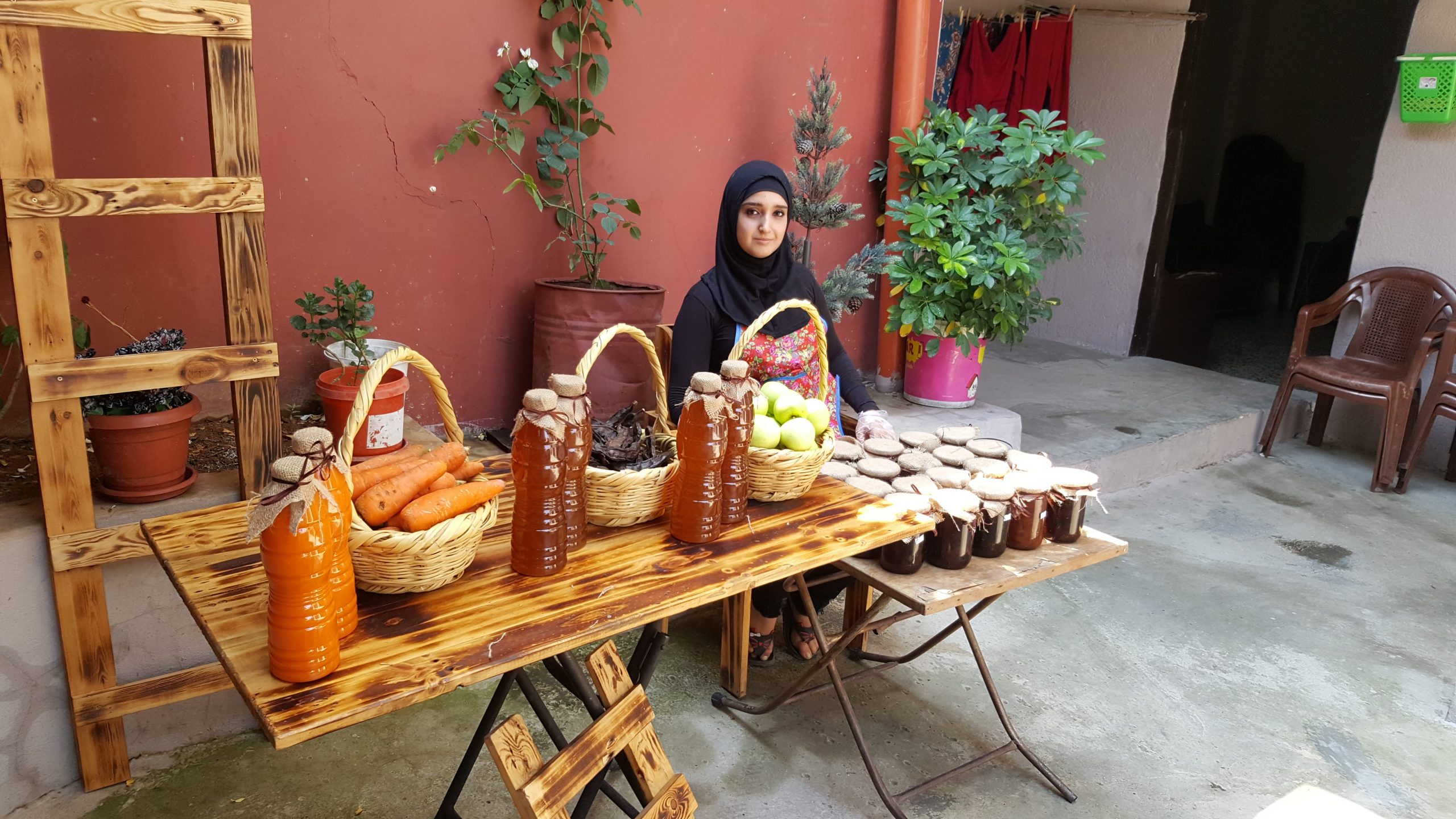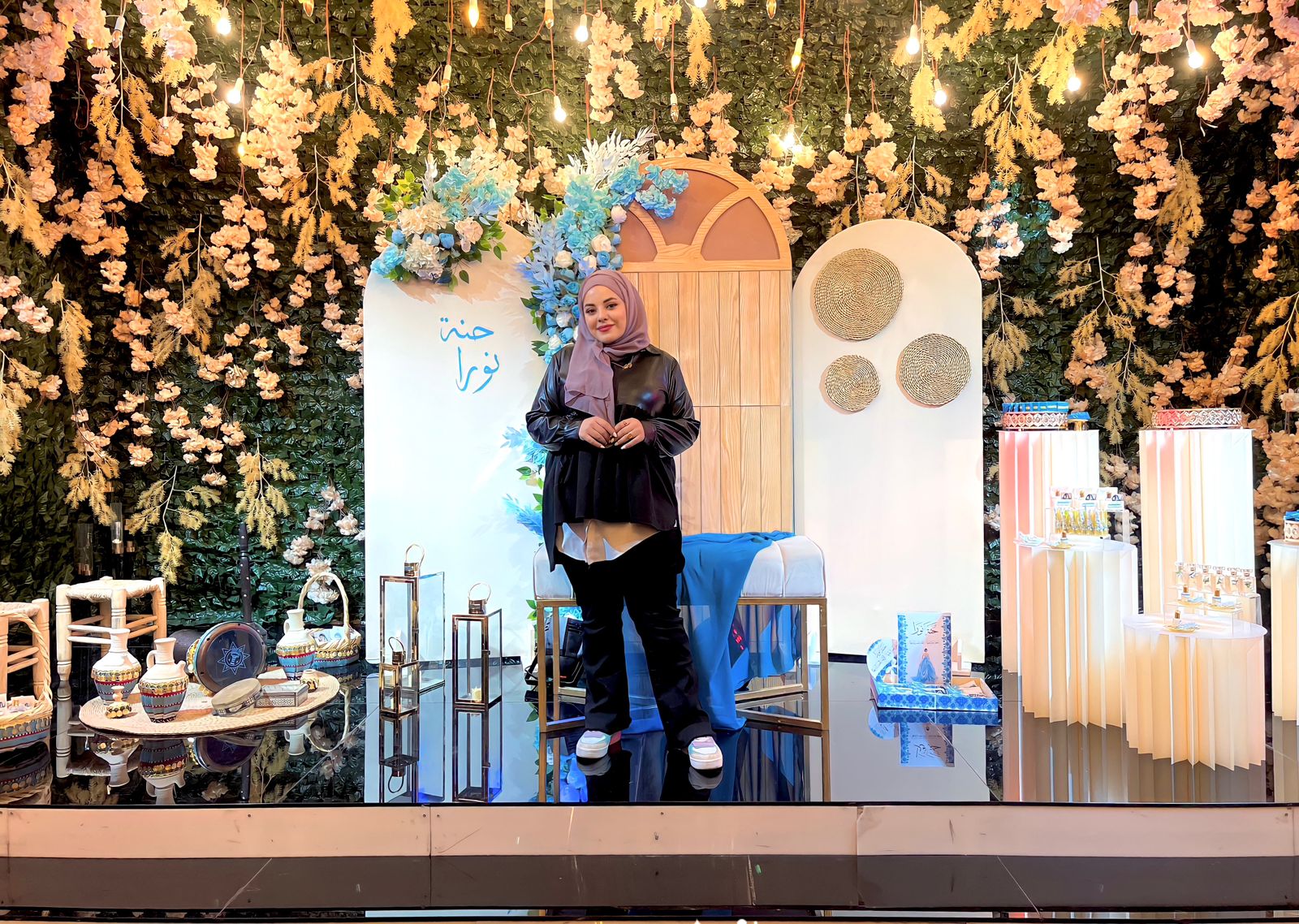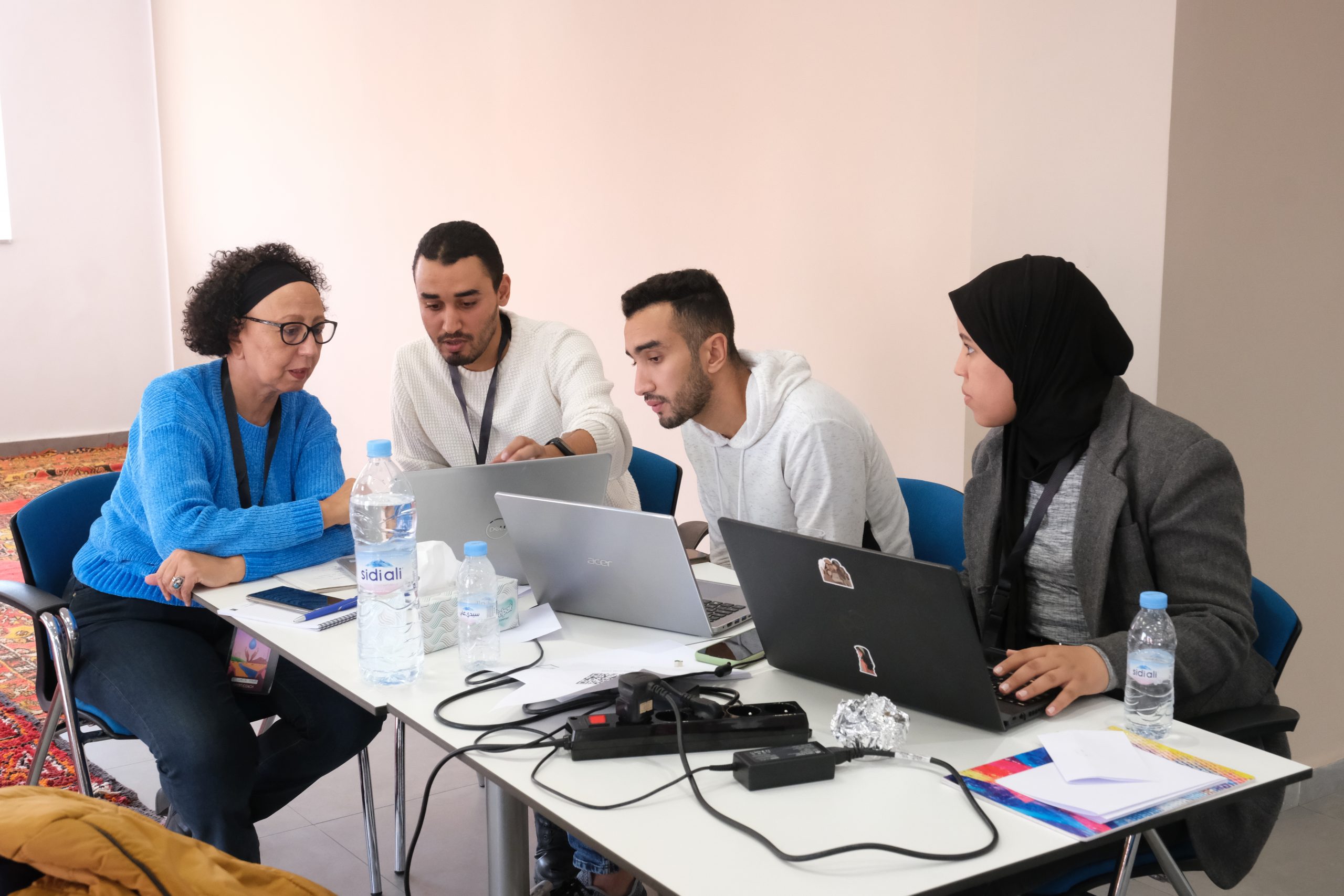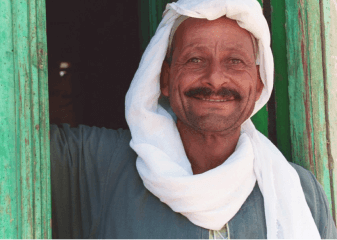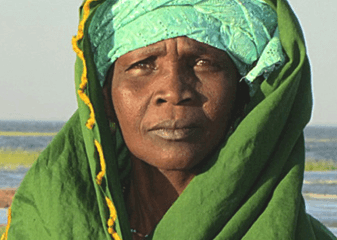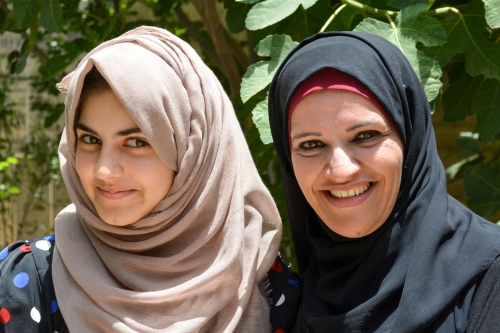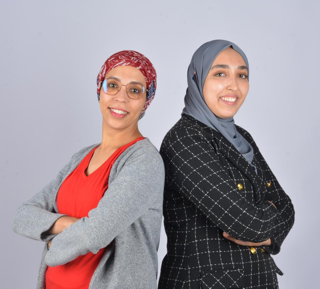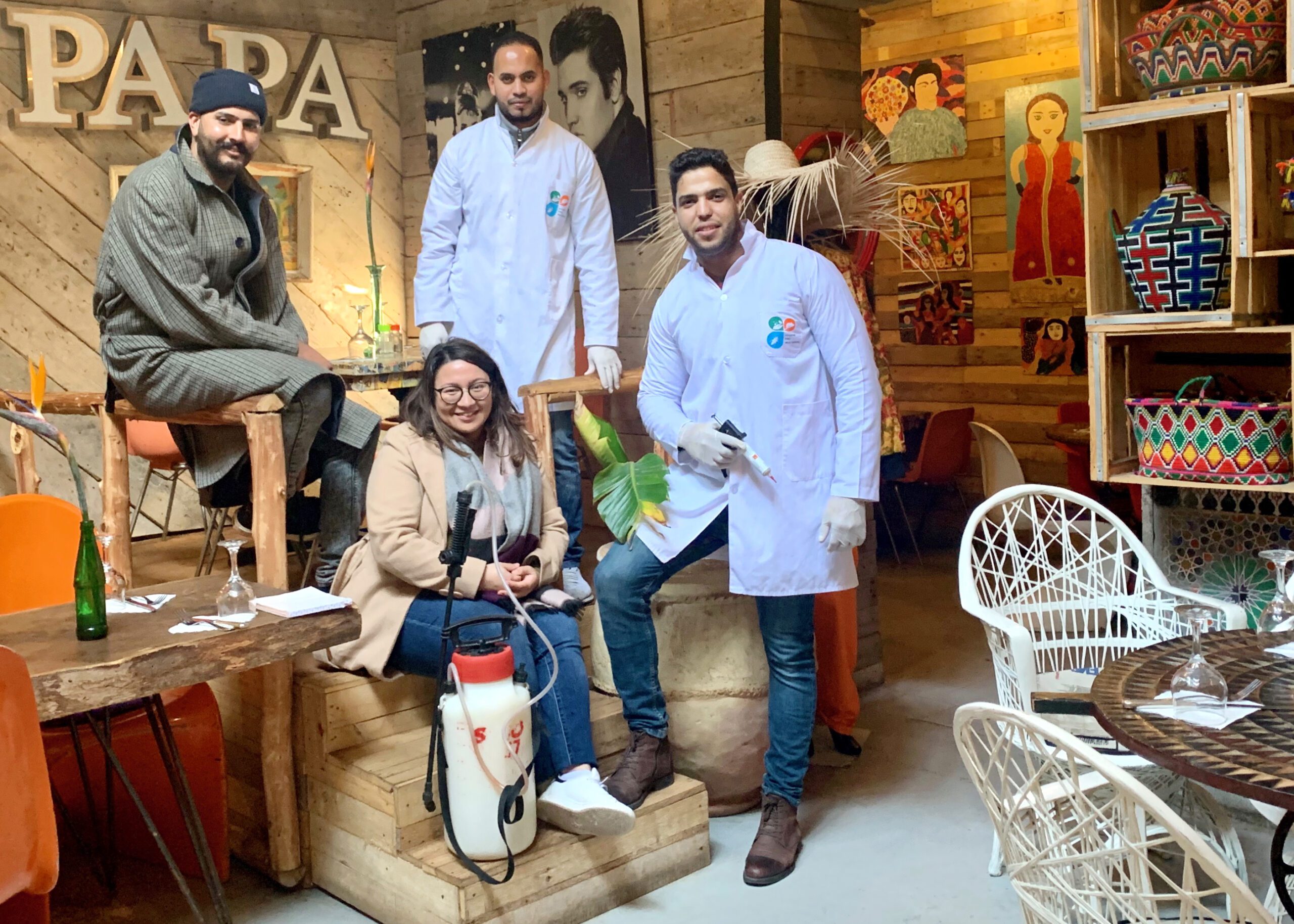Morocco
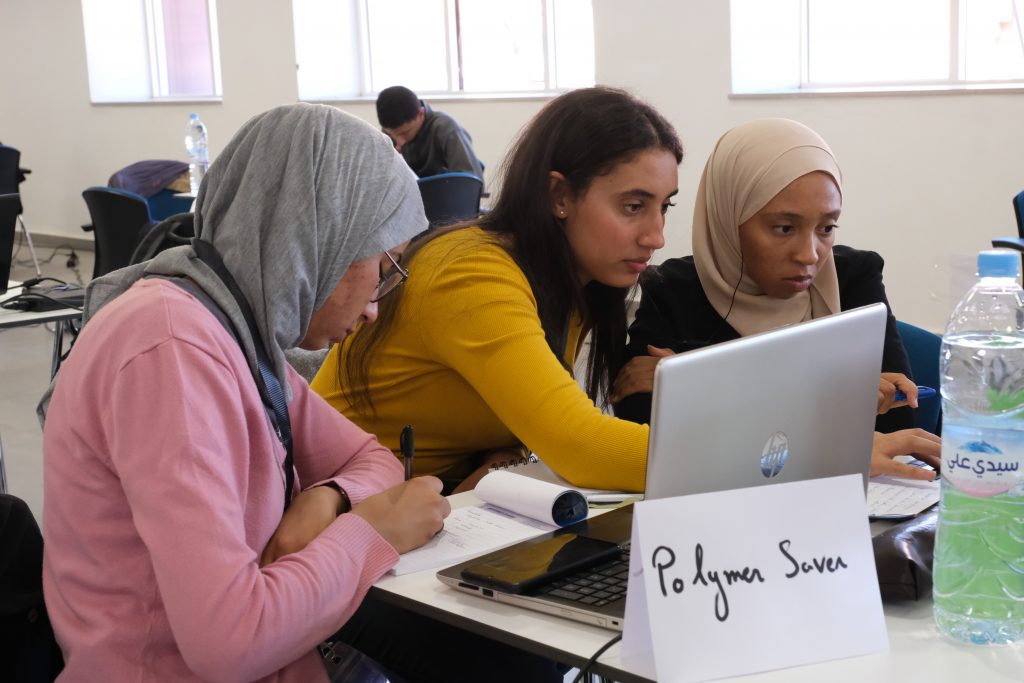
- Home
- Where We Work
- Morocco
Overview
Since 1987, NEF has worked with communities across Morocco to improve lives through initiatives in youth empowerment, rural livelihoods, microenterprise development, agriculture, civic engagement and natural resource management.
During this time, NEF has gained strong technical expertise in local communities and institutions and developed a keen awareness of the critical issues facing Morocco today.
With more than 50 percent of Morocco’s young working age population out of school and out of work, youth unemployment remains a serious concern. NEF empowers youth through entrepreneurship by organizing business development training, establishing youth-oriented business incubators, and creating support networks to promote microenterprise development.
Programs
The People
Our work is inspired and driven by the people and communities we serve. The people we meet are strong and resourceful, yet challenged by various complexities and barriers. Their stories of resilience and determination prove that partnering and investing at the community level is the most effective way to create meaningful and lasting change.

